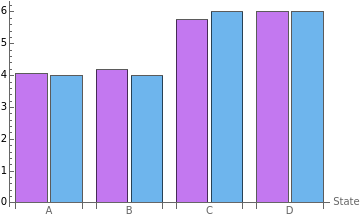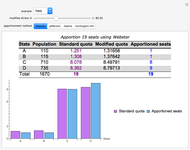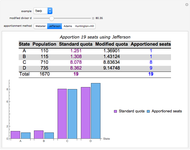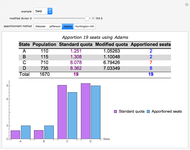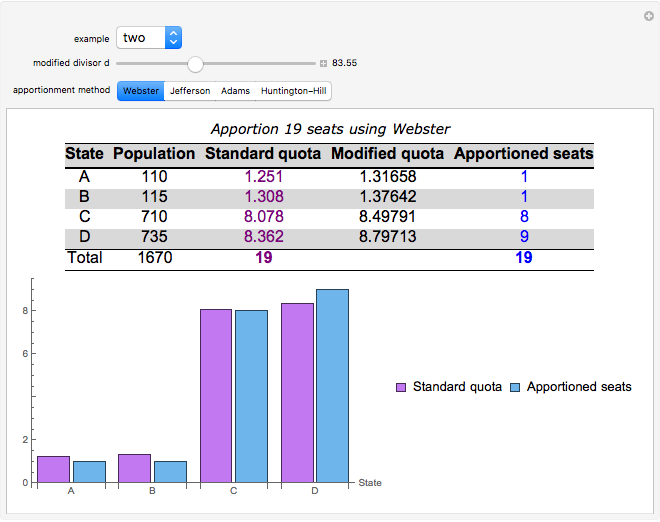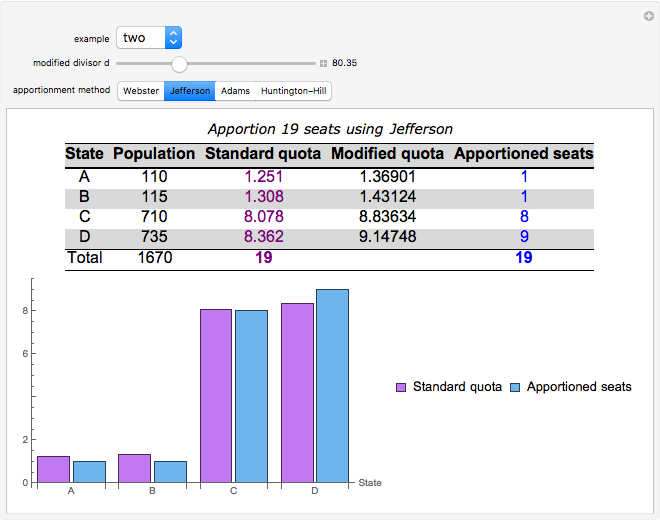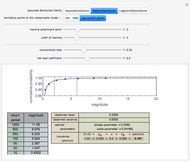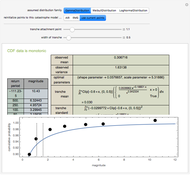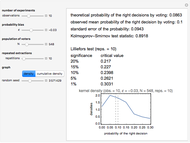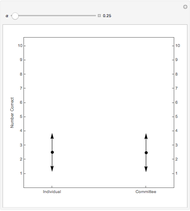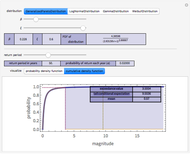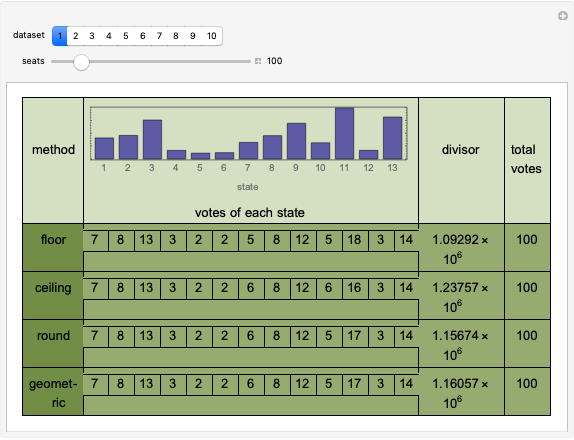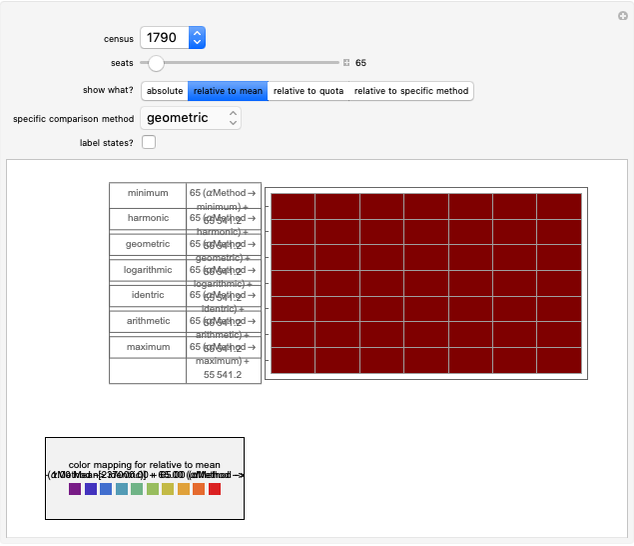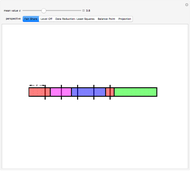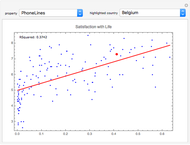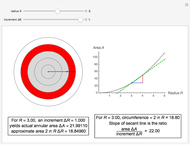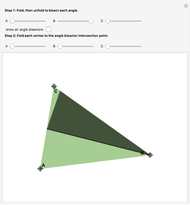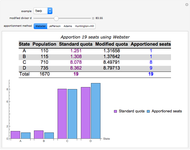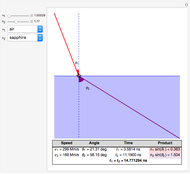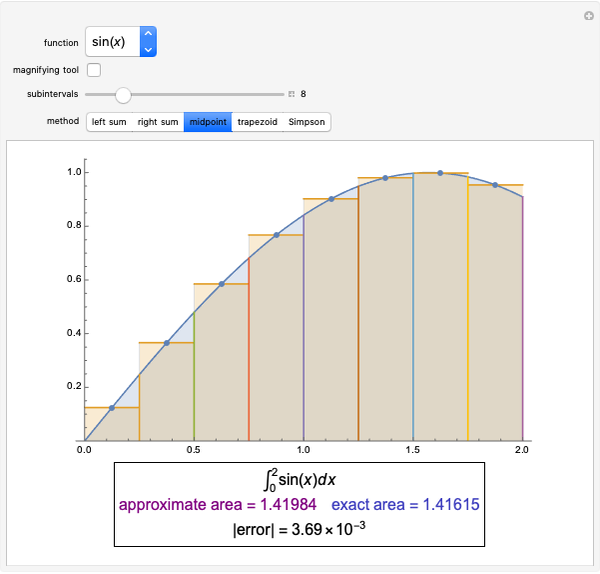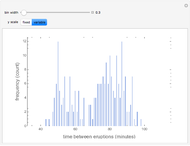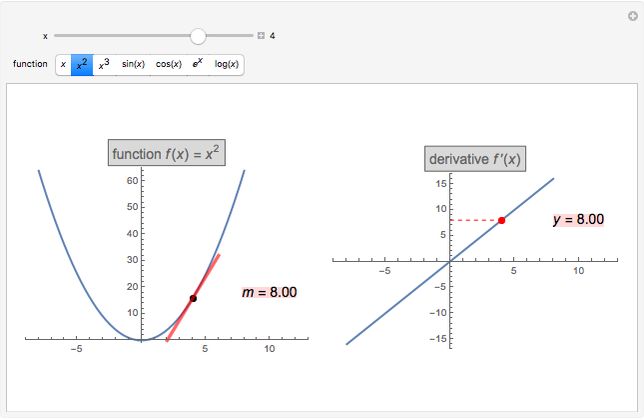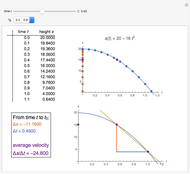Modified Divisor Methods

Requires a Wolfram Notebook System
Interact on desktop, mobile and cloud with the free Wolfram Player or other Wolfram Language products.
Apportionment involves dividing discrete objects among various groups according to some plan. For example, congressional seats are apportioned among the various states based on their populations. In modified divisor methods, the apportionment plan is to find a modified divisor  so that, when each state population is divided by
so that, when each state population is divided by  and rounded to a whole number, the rounded values add up to the correct number of seats.
and rounded to a whole number, the rounded values add up to the correct number of seats.
Contributed by: Jim Brandt (August 2011)
Open content licensed under CC BY-NC-SA
Snapshots
Details
The standard quota represents the exact number of seats a state should be given (including the decimal part). In general, modified divisor methods can lead to situations where a state is apportioned a number of seats that differs from its standard quota by more than one. This is called a "quota rule violation".
For more information on apportionment methods, see the AMS feature column by Joseph Malkevitch.
Permanent Citation
